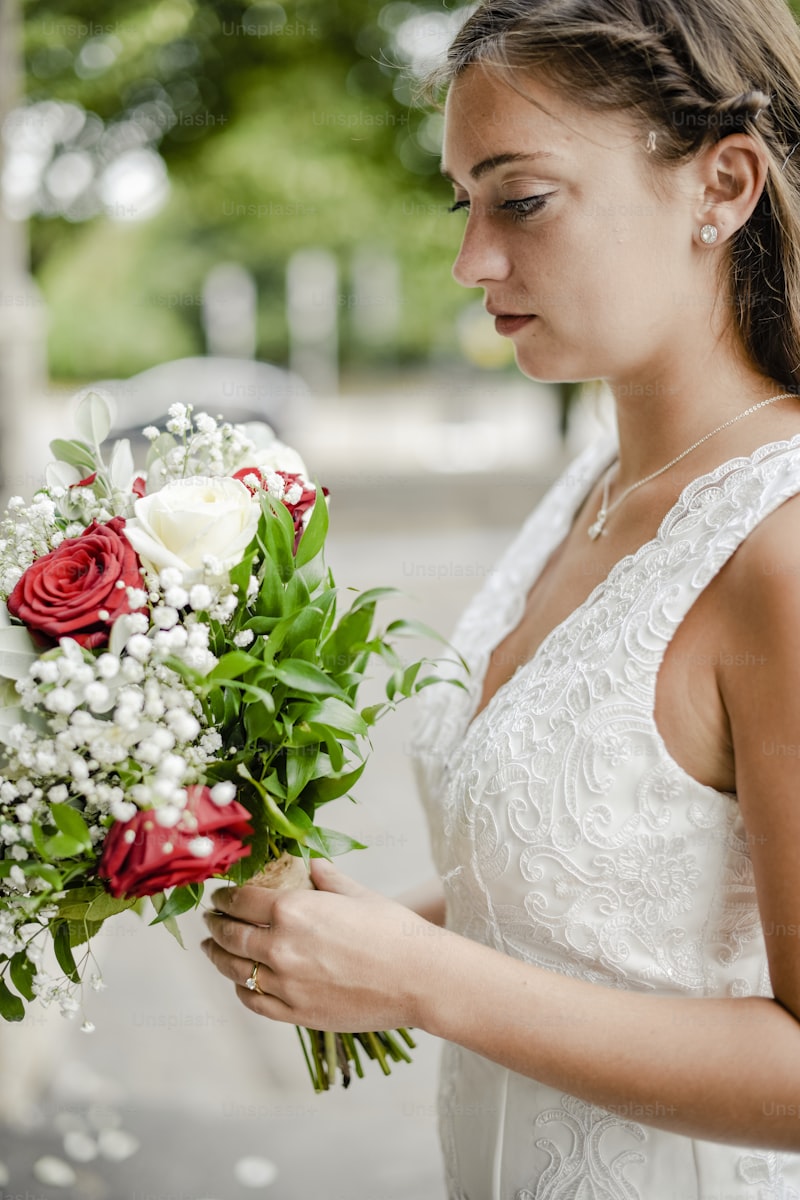Understanding Final Sales Conditions for Bridal Wear: A Comprehensive Guide
Final Sales Conditions for Bridal Wear: What You Need to Know
As the wedding industry continues to evolve, one critical aspect that brides must understand is the final sales conditions for bridal wear. With numerous designers, boutiques, and online retailers offering a wide range of wedding gowns and accessories, clarity on purchasing conditions can save brides time, frustration, and money. This article will explore the intricacies of final sales conditions, offering valuable insights for brides-to-be as they plan their special day.
What Are Final Sales Conditions?
Final sales conditions refer to the terms and agreements associated with the sale of bridal wear, indicating that once a purchase is made, the item cannot be returned or exchanged. These conditions often vary by retailer and can depend on several factors, including the nature of the items purchased, customization options, and the point of sale.
Why Do Retailers Implement Final Sale Policies?
Many boutique owners and designers implement final sale policies to manage inventory, especially in a marketplace where gowns are often customized or made to order. Understanding why these policies exist can help brides better appreciate the purchasing process.
- Inventory Management: Bridal wear is typically high in demand, and inventory turnover is crucial.
- Customization: Many gowns are tailored to the dimensions of the buyer; therefore, once altered, they become unique to the individual.
- Cost Considerations: Frequent returns can escalate costs for retailers, ultimately passed on to consumers in the pricing of bridal wear.
Understanding the Components of Final Sales Conditions
Brides should familiarize themselves with the various components that typically define final sales conditions:
| Component | Explanation |
| Non-Returnable Items | Most bridal wear items, once altered or worn, are considered non-returnable. |
| No Refunds | Purchases usually cannot be refunded, only retained as store credit under certain circumstances. |
| Exchange Policies | Some retailers may permit exchanges on certain items, while others absolutely do not. |
| Time Restrictions | There may be specific time limits on returning or exchanging items, if at all allowed. |
Key Considerations Before Making a Purchase
Understanding your rights and the stipulations of final sales conditions can prevent disappointment. Here are several considerations to keep in mind before proceeding with your bridal wear purchase:
1. Read the Fine Print
Always ensure to read the terms and conditions provided by the retailer. Many boutiques include final sale policies in their contracts, which may include intricate details that could affect your purchase.
2. Ask Questions
Don’t hesitate to ask questions regarding any uncertainty surrounding final sales. Retailers are generally more than willing to clarify their policies—this includes inquiries about deposits, fittings, and alterations.
3. Consider a Test Run
If possible, choose a gown design that you can try on in-store before considering an online purchase. This minimizes risks associated with fit and fabric comfort.
The Importance of Fit and Alterations
When purchasing bridal wear, ensuring the right fit is paramount. Once alterations have been made, the possibility for returns usually vanishes. To better understand alterations:
- Alteration Costs: Be prepared for additional costs related to professional alterations, which can vary widely.
- Timing: Schedule fittings in a timely manner, allowing enough room for corrections before your wedding date.
Making the Right Choice
When it comes to selecting a gown, brides are encouraged to visualize how the dress reflects their personal style and wedding theme. Be mindful of the following:
- Fabric and Comfort: Select fabrics that not only look good but are comfortable for all-day wear.
- Style Versatility: Consider if the gown can serve multiple functionalities, possibly as a reception dress or post-wedding event wear.

What Happens If You Need to Return or Exchange?
Understanding the procedures in place for returns or exchanges can ease anxiety surrounding final sales conditions:
Return Procedures
If you find yourself in a situation where you believe you need to return your bridal attire, here are steps to follow:
- Contact the Retailer: Start by reaching out to the customer service department, outlining your concerns clearly.
- Document Everything: Ensure to keep records of your purchase, including transaction receipts and any emails exchanged with the retailer.
What to Avoid
There are common pitfalls to avoid when dealing with final sales on bridal wear:
- Rushing into a Decision: Take your time when selecting your dress. This is a significant purchase.
- Ignoring Personal Style: Embrace a gown that resonates with your personality and wedding vision.
Conclusion
Navigating the final sales conditions for bridal wear can be intricate, but being informed makes the process smoother. Always prioritize understanding the policies in place before making your purchase. Remember to ask questions, read the fine print, and consider the fit and alterations. Your wedding day is one of the most memorable events of your life; thus, every detail—including the dress—should reflect your personality and joy.
As you embark on this beautiful journey, keep in mind the crucial points discussed in this guide and take proactive steps to ensure that your experience in purchasing bridal wear is as delightful as your wedding day will be.
Happy wedding planning!